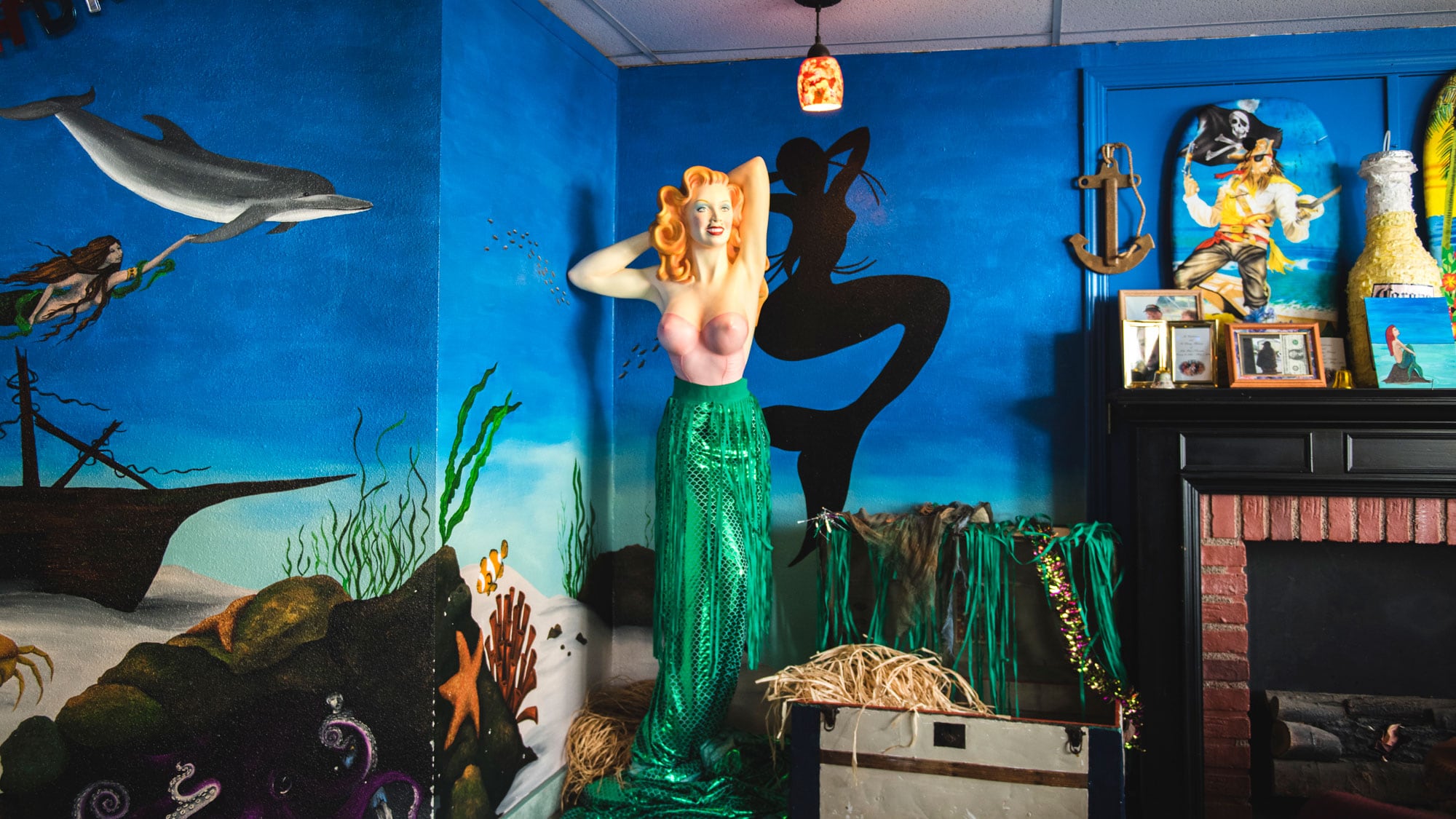The recent earthquake in Turkey has reminded me yet again that we’re all gonna die in the coming Cascadia subduction zone quake. I know this will be caused by the Juan de Fuca tectonic plate, but who was Juan de Fuca, and how did he get his own tectonic plate? Can I get one also? —Shaken and Baked
While traveling in Mexico, I once heard an American tourist call for his bar tab by shouting “Day checkay!”* (I winced: The correct phrase is, of course, “el checko.”) For the benefit of that guy, allow me to clarify that “Juan de Fuca?” is not a phrase used to rudely proposition Spanish-speakers one finds attractive.
In fact, Juan de Fuca isn’t even his real name—born in Greece, he would have called himself Yannis Phokas. He was, we think, a naval explorer active on the Pacific coast (then known as New Spain, hence his Hispanicized name) during the 16th century. De Fuca did not discover the tectonic plate that bears his name (though, in fairness, plate tectonics wouldn’t be invented for another 400 years). The plate was named for the nearby Strait of Juan de Fuca.
So de Fuca found a strait and named it after himself? Not even: The strait was named in the 18th century by an explorer named Charles Barkley, who thought it might be the same strait that some people thought de Fuca may have discovered 200 years earlier, on a voyage we now know he may never have even made. (In retrospect this was a reach on Barkley’s part, but then he never said he was a role model.)
Late in his life, de Fuca told a biographer he’d been hired by Phillip II of Spain to find the Strait of Anián—aka the Northwest Passage—and that he’d been successful. (This was the account Barkley had read.) Since the Northwest Passage turned out to be blocked by ice and Spain didn’t seem to have any record of de Fuca, a lot of people now take his account with a grain of salt.
De Fuca, for his part, shrewdly died in 1602, years before anyone could confirm or disprove his story. Either way, it doesn’t matter now; the maps with his name have been printed. That ship has sailed (metaphorically, if not literally).
*Written phonetically; I assume he would have spelled it “de checké.”
Questions? Send them to dr.know@wweek.com.

